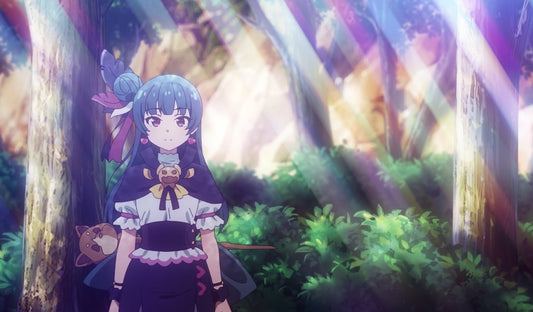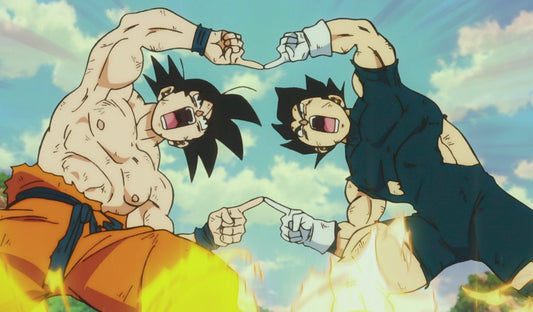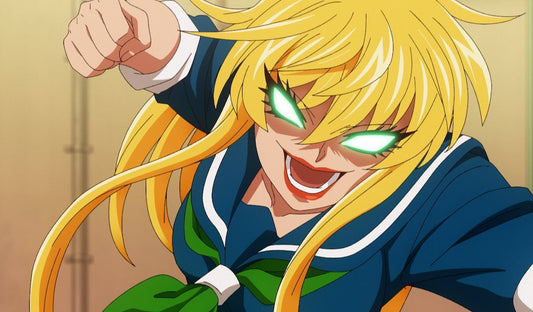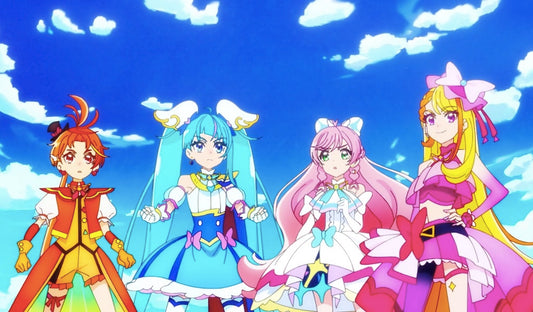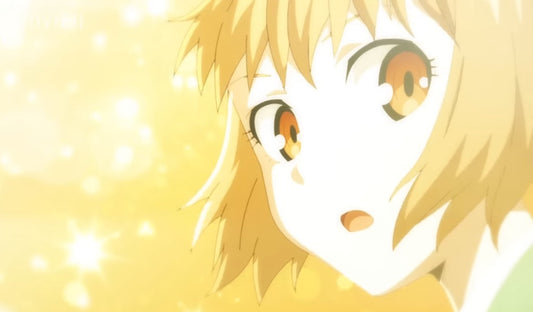A Tribute to Digimon Singer Wada Kouji
Carl LiShare

On April 3rd, 2016 the voice of Digimon, Wada Kouji, passed away at the age of 42 due to cancer of the pharynx. First diagnosed with cancer in 2003, Wada disappeared from the music world multiple times before coming back determined to show that the disease hadn’t defeated him. Each time he returned, his voice became weaker, clearly unable to deliver the soft yet powerful vocals that had originally made him famous. However, while his music changed it was clear that the heart, determination, and talent had never left.
I was never quite a Digimon kid, as my allegiance lied with Pokemon, but even back then I understood how impressive Wada’s music was. “The Biggest Dreamer,” the opening to Digimon Tamers, is among my favorite songs ever, anime or otherwise, and while as an American I never got to experience Wada’s voice in the show itself, the discovery of how different Japanese Digimon music could be (thanks to the power of the internet!) also helped open my eyes towards the effort and dedication placed into anime music that many English-language cartoons and dubs at the time sorely lacked.
Wada’s music brings me back to my youth. In reminiscing about his work with Digimon, I’m reminded of three friends I’d met over the years.
The first was a friend from high school who liked anime to a fair degree but loved Wada Kouji’s Digimon music. I remember him praising the Digimon Adventure 02 opening, “Target! Akai Shougeki,” to no end. Looking back, I think it showed just how deeply his songs could resonate with listeners. As soon as I heard about Wada Kouji’s passing, I immediately thought of my high school friend, and wondered how he took the news.
The second was an online friend, whom I had met through a mutual love of Japanese pop culture. He too loved Wada Kouji’s Digimon music, and I recall linking to him live performances of “The Biggest Dreamer” and “Fire!” (the opening to Digimon Frontier) around 2005-2006. This friend complained that they didn’t sound the same as in the shows themselves, and while at the time I thought it simply had to do with performing live instead of in a recording studio, it’s clear now that cancer had a huge impact on him.
The third is my oldest childhood friend. To him, the Japanese Digimon music made all the difference in the world, taking it from a fond memory to a series that is legitimately still enjoyable even as adults. Like my online friend, he would lament the loss of strength in Wada’s voice, but was well aware that the cause was cancer. When I gave him the news that Wada had passed away, I could sense both his sadness and awareness of the situation’s inevitability given Wada’s circumstances.
Listening to this live performance of “Target,” it’s easy to tell that Wada’s voice was genuinely amazing. Without any chance for post edits, it rings with a sense of fiery warmth. However, what’s even more amazing to me is how comforting his music continued to be, like a gentle yet firm embrace, even after all of the struggles and challenges he had to face. Most recently, Wada sang for the newest Digimon anime, Digimon Adventure tri., with renditions of classic themes of his such as “Butter-Fly” and “Seven.” While they do not emanate the eager passion of the originals, I can practically sense the fight that was still within Wada himself as he refused to let cancer keep him from singing. Because the new theme of Digimon is the sense of melancholy that comes with approaching adulthood, it makes these songs so much more meaningful as a reflection of his time in this world.
Wada never gave up. In his last tweet, only two days before he passed away, he praised the anime City Hunter, including its music. He said good morning as he did in so many of his other tweets, clearly looking forward to what's next.
おは☆シティーハンターのアニメを観て初めて歌を聴いた時、シビレましたね。自分が主人公になったつもりでいた(笑)『Get Wild』♬Get chance and luck ひとりでも 傷ついた夢をとりもどすよ?主人公のクールな一面にも、あの小さな車にも憧れたな(笑)素敵な週末を☆
— 和田光司/koji wada (@wada_koji) April 1, 2016
In many ways, Wada Kouji’s career reminds me of a line from “Butter-Fly.” In it, Wada sing that, even with unreliable wings, one can definitely still fly. Similarly, no matter how weak or shaky Wada’s voice became in his fight with cancer, it still so emotional that listening to it can make the ground disappear and encourage people to evolve.


